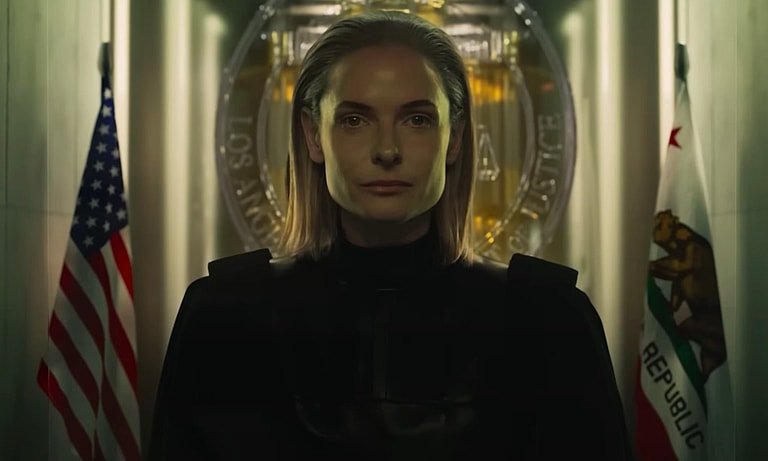The Midnight Gospel
/With theatres continuing to be shuttered for the foreseeable future, streaming services have picked up the slack unabated. New services continue to enter the fray serving as reasons for potential subscribers to inch closer towards recreating their cable bill with an ever-growing collection of app subscriptions—last week we surveyed Quibi, and in July we’ll see the stateside launch of NBCUniversal’s “Peacock” service, which will include among other things a reboot of Saved By the Bell. One notable new series arriving on Netflix is The Midnight Gospel, series creator Pendleton Ward’s follow-up to the long-running and recently-ended Adventure Time.
The trailer begins with a quasi-Gregorian chant, appropriate to the title of the series. Shortly after, thunderous percussion and warlike brass herald the arrival of some sort of comet hurtling through space; this is followed by an apocalyptic continuation of this instrumentation, with harrowing vocals, until we are introduced to the series’ protagonist, Clancy.
The series is conceived as a collaborative artistic affair, beginning with preexisting interview material from Duncan Trussell’s “Family Hour” podcast. This podcast already deals with a wide range of mystical, magical, and alternately spiritual topics, and adds scripted material as preparation for inserting all of this into an utterly outlandish, sci-fi visual context.
In the series, Clancy is Trussell’s space-travelling counterpart, and the interviews are imagined as happening for a podcast (or, “spacecast”) that literally transcends dimensions. All of this is to say that not only does the series give itself a sort of carte-blanche premise to do whatever it needs to do aesthetically, but these artistic flourishes also serve to colour the original podcast interviews in potentially insightful ways.
The primary backing music on tap is a 2019 track by Jonathan Palmer and Aldous Finch, “Flying So High Above It All”. This indie track’s hazy, tremolo-drenched and cavernously reverberant guitars are reminiscent of My Bloody Valentine and other shoegaze / dream pop bands ascendant in the late 1980s and early 1990s.
The shoegaze style of the main musical track represents a fair approximation of the series—as the series itself is a collection of loose yet cogent pieces that meld and cohere when taken in with an inattentive, relaxed sense of focus, the music’s instrumentation operates in a similar way. As a general play towards the psychedelic and existential, it’s both an obvious and excellent fit for the visuals it accompanies. Moreover, the style of music is likely to be more resonant in tone and feel with the new series’ target audience, what with its TV-MA rating, peppered with swear words and often dealing in philosophical matters of birth and death. To be clear, it’s not so much South Park as it is a grand juxtaposition of those original—and rather serious, adult—podcast interviews, laced seamlessly with some original dialogue in recognition of the absurdist visual context, with the swearing serving not so much as a gratuitous vehicle for humour as it is as a reasonable assessment of the proceedings.
In a surprise to no one, The Midnight Gospel premieres April 20th, the same day as Netflix’s other new series Cooked with Cannabis.
— Curtis Perry







